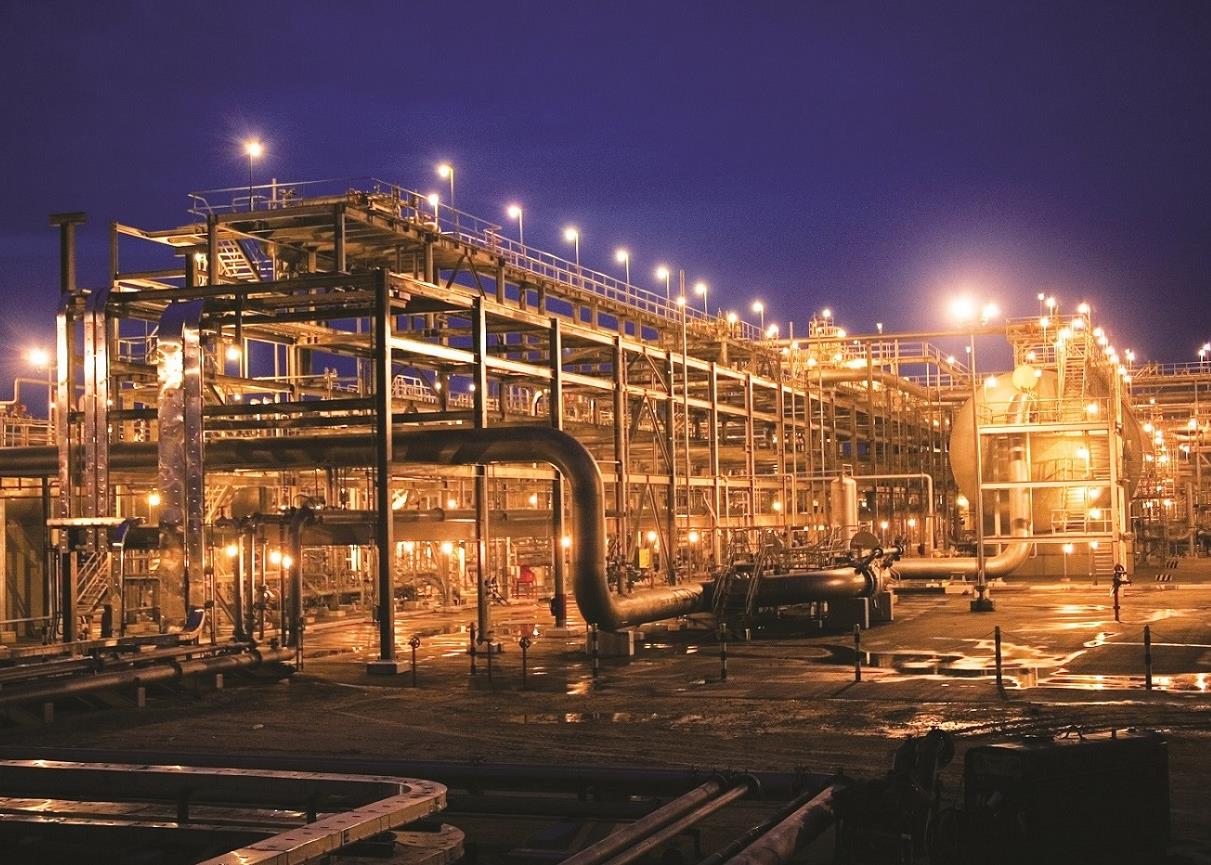
Emirates airline ordered $26bn-worth of aircraft at Dubai Airshow
Regional airlines ordered more than $32bn-worth of new aircraft in the three days of the Dubai Airshow from 13 to 15 November. Dominating the event was Dubai’s Emirates airline, which ordered 50 Boeing 777s with options for an additional 20. The $26bn order was Boeing’s largest commercial aircraft order in its history. Emirates is already the world’s largest 777 operator with a fleet of 94. It also has 41 777s still on order.
Other carriers, however successful, are unable to keep up with Emirates’ relentless growth.
The new aircraft will be supported by the government’s huge investment in aviation infrastructure promised in the UAE, especially the new passenger terminal at Al-Maktoum International airport that is due to open in 2012.
In the summer, Sheikh Mohammed bin Rashid al-Maktoum, Dubai’s ruler approved a $7.8bn airport and airspace expansion programme for Dubai International airport, which will increase capacity to 90 million passengers a year by 2018. Dubai Airports has forecast that aviation will generate $45.4bn towards GDP by 2020. Dubai International plans to overtake London’s Heathrow airport as the world’s busiest by 2015, with a projected capacity of more than 75 million passengers.
| Major contracts signed during Dubai Airshow | ||
|---|---|---|
| Airline | Contract value | Scope of contract |
| Emirates | $26bn | 50 Boeing 777s, with options for 20 more |
| Qatar Airways | $560m | Two Boeing 777 freighters |
| Qatar Airways | $6.4bn | 50 Airbus 320s, with options for 30 more. Five A380s, with options for three more |
| Flydubai | $170m | Deal with MC Aviation Partners to finance first two Boeing 737s |
| Flydubai | $20m | Deal with Honeywell to offer maintenance support for existing Boeing 737s |
| Flydubai | $54m | Deal with Abu Dhabi Aircraft Technologies to cover maintenance, repair and overhaul |
| Source: MEED | ||
In Abu Dhabi, although plans for a metro and tram networks have been pushed back indefinitely, the emirate remains focussed on the expansion of its airport. Bids for the midfield terminal at Abu Dhabi International airport were submitted on 13 November. Although this project has been severely delayed, the fact that bids have now gone in, reflects the importance of aviation to the capital.
The new Fujairah-based airline Eastern Express, the UAE’s first domestic carrier, has also chosen Abu Dhabi as its first route, starting in the first quarter of 2012.
It is not just aviation that is important to the growth of Abu Dhabi. Defence contractors too are investing further to support industrial development in the emirate and create jobs. Aerospace is one of the key areas of focus within Abu Dhabi’s Economic Vision for 2030 and it has taken great strides to become a global hub for the aerospace and defence industry.
The emirate is working alongside the main four defence contractors, including the US’ Raytheon, Lockheed Martin and Boeing and the UK’s BAE Systems. During the airshow, Abu Dhabi announced plans to build the necessary infrastructure to manufacture Raytheon’s Talon laser-guided rockets. In time, Abu Dhabi hopes to become an exporter of defence and aerospace technologies and services to the region, as well as to Asia and Africa, with thousands of new jobs expected to be generated in the sector.
You might also like...

Aramco allows more time for MGS package revised prices
18 April 2024

Morocco tenders high-speed rail project
18 April 2024

Egypt resumes power cuts
18 April 2024

Petrofac awards carbon capture sub-contract
18 April 2024
A MEED Subscription...
Subscribe or upgrade your current MEED.com package to support your strategic planning with the MENA region’s best source of business information. Proceed to our online shop below to find out more about the features in each package.




